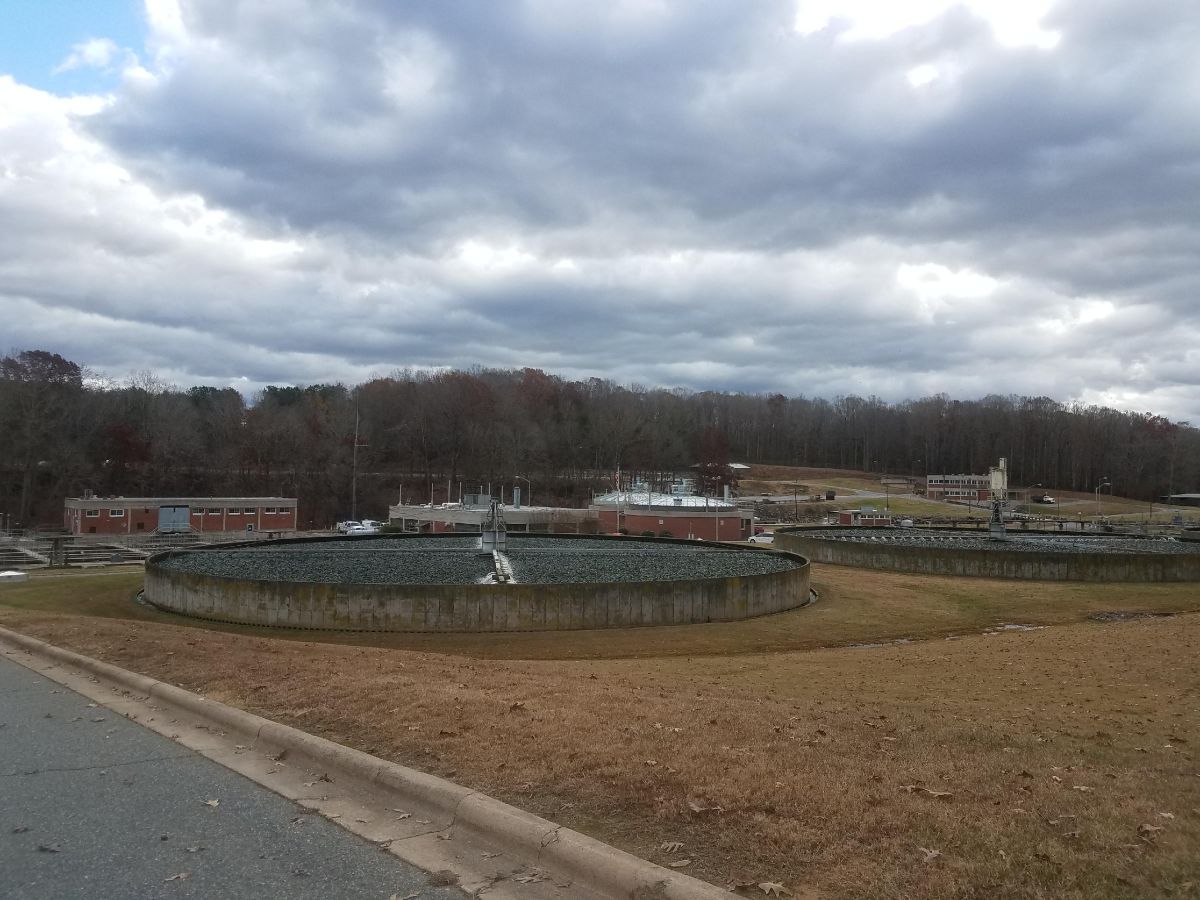Update: July 2, 2016 — Sen. Bill Rabon succeeded late Thursday in convincing Finance Committee chairs to add his Sunset Beach de-annexation bill to a final meeting of the committee on Friday, but according to Rep. Susie Hamilton, the move was halted when Rep. Frank Iler asked that the bill be be removed from the calendar, saying the issue was over for this session and the matter could be taken up again in next year’s session.
CRO confirmed that the bill was briefly added to the calendar and then removed.
Supporter Spotlight
Original story follows below.
RALEIGH — Fellow House members were complimentary Wednesday of Rep. Frank Iler, but not so much the controversial bill he was pushing.
Members of the House Finance Committee offered flattering remarks about Iler’s attire and professed their friendship with the Brunswick County Republican who appeared before the committee to speak in support of a bill to de-annex parts of Sunset Beach. But skeptical members were not persuaded by Iler’s case for removing the properties from town limits. The measure failed to clear the committee in a 22-8 vote, effectively killing it for the session.

Town officials and about 4,400 full- and part-time residents were vigorously opposed to the measure that Sen. Bill Rabon, R-Brunswick, introduced in May. Rabon’s bill would have removed three properties from the town’s jurisdiction, two on either end of the island and a third on the mainland.
Supporter Spotlight
Since the bill was introduced, town officials and the developers of a project on the east end of the island town had reached an agreement that Iler said warranted removing that parcel from the bill’s language. Iler said Rabon’s original intent was to get the parties talking, which had indeed happened. After the town and developer of the Palm Cove project resolved their differences, Iler had proposed an amended bill.
Iler said he had asked that the bill be held in the House Rules Committee for 49 days to see if there would be further progress. The bill was withdrawn from the Rules Committee on Tuesday and re-referred to Finance. Iler said he talked with town officials and the developers and although the bill was controversial it was needed to move the developments forward.
“There are so many stories around as to why they don’t want development, it’s hard to cull out what’s correct,” he said of those opposed to the bill.

Rep. Susie Hamilton, D-New Hanover, said there were a number of unanswered questions on why there was a need to de-annex the properties.
“This is awfully complicated right now for us to make a snap decision that impacts local government,” Hamilton said.
Several representatives, including members of the House leadership, agreed. Rep. Bob Steinberg, R-Chowan, said he couldn’t support the bill given the extent of local opposition.
“Even if it were to sneak, and I think it would be sneaking out of this committee if it does, I think it would have a very difficult time passing muster on the House floor,” Steinberg said.
On his Facebook page, Sunset Beach Mayor Ron Watts wrote Thursday that the town would continue to try and resolve the issues. He warned that another bill could be introduced in the next session.
“This bill could come back up again in the next session starting in January if we don’t continue to make progress as we have over the last month or so,” according to Watts’ post.

Legislators Hammering Out Regulatory Bills
As legislators prepare to get out of town for good, members of a conference committee met at about noon yesterday to hammer out a deal that would combine measures from at least three separate bills that ease or kill a variety of state regulations.
Several coastal-related provisions are in the bills. One would exempt sand mined from the shoals that extend off the state’s three great capes from state rules about the quality of sand used in beach re-nourishment projects. Others would reduce vegetation buffers meant to protect coastal rivers from polluted runoff, allow for more temporary sandbag walls along the oceanfront and eliminate grants to coastal local governments to update land-use plans.
In their continuing effort to get rid of regulations that they say hinder economic growth, Republicans have passed what they like to call “regulatory reform” bills in each session of the North Carolina General Assembly since they took control in 2011. The latest effort is one of the last remaining major bills left before the legislature adjoins after approving a state budget, probably today. House and Senate leaders have not agreed on whether to work through the weekend or finish up early next week. Either way, it was unclear yesterday whether negotiators would agree on a mashup of the remaining regulatory bills in time.
Several Senate provisions, such as an end to the ban on electronics recycling and setting a cost threshold on regulations, have already been rejected by House members in committee hearings earlier this session.

There are significant wins in conservation funding, shellfish habitat and staffing for the state’s Natural Heritage Programs in the final budget, environmental advocates said.
Will Morgan, director of government relations with the Nature Conservancy, noted that additional money was added to the Clean Water Management Trust Fund during budget negotiations. The extra money for the fund and restoring recurring funding for the state’s Natural Heritage Program are an indication of a turnaround in thinking on the part of the legislative leadership, Morgan said.
“Things have really stabilized,” he said. “Three or four years ago we were still coming out of the recession and there were some real questions about the future of these trust funds.”
The total spending for the Clean Water Management Trust Fund in this year’s budget is $22.4 million.
That’s still a far cry from the $100 million that was earmarked for the fund when it was created in 1996 and less than half of the $50 million the fund routinely received from the legislation before the recession.
The Parks and Recreation Trust Fund will get about $22.7 million in the budget.
“I don’t think we’ll ever see it (the Clean Water Management Trust Fund) at $100 million again, but we’re on stable ground,” Morgan said. “I think the leadership understands better how they work and what part they play in our infrastructure and our quality of life.”
Rep. Chuck McGrady, R-Henderson, one of the four House budget chairs, agreed that the trust funds are on better footing going forward. “Yes, this reflects the priorities of the state,” McGrady said, “and the General Assembly is putting money behind some programs that were cut and now that times are better are getting more funding.”
Morgan said McGrady, a former national president of the Sierra Club, had been essential in helping build the case for restoring the funds.
Oyster, Shellfish Funding
The revised budget bill also includes money for two new positions at the state Division of Marine Fisheries to assist in the shellfish leasing program. In all $1.3 million will go toward oyster sanctuary and shellfish rehabilitation programs with an additional $100,000 for a pilot project to clean up derelict crab pots.
The budget also includes an additional $18.8 million in money for water infrastructure projects, slated mainly for eastern North Carolina, and $6.27 million for water resources development projects.
New Farm Bill

The House also gave final approval to the Farm Act of 2016, but not before stripping the bill of a controversial provision that would have exempted large agricultural operations from reporting water usage in several areas along and near the coast.
The Senate’s version of the bill would have allowed farmers drawing water from aquifers in designated capacity-use areas. These areas, where water was being withdrawn at rates exceeding the rate at which aquifers could recharge, were delineated in the state Water Use Act of 1999.
House members objected to the provision. Rep. Rick Catlin, R-New Hanover, said during hearings on the bill that the exemption would not give an accurate accounting of water use in the areas.
Bill sponsor Sen. Brent Jackson, R-Sampson, told House members at a hearing this week that while giving up on the exemption this session, he would likely try again.
With the legislation out, the amended Farm Act passed the House Thursday and now awaits action by the Senate.







